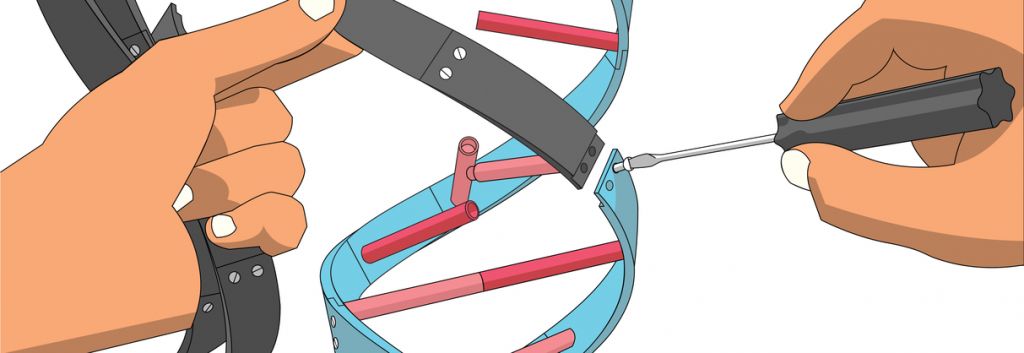Newsletter Signup - Under Article / In Page
"*" indicates required fields
ERS Genomics has announced that the EPO intends to grant a patent with broad claims covering the use of CRISPR to Emmanuelle Charpentier.
ERS Genomics has announced that the European Patent Office (EPO) will grant its founder, Emmanuelle Charpentier as well as the University of Vienna and University of California, Berkeley, a patent covering the broad use of CRISPR-Cas9 in both cellular and non-cellular settings. The decision marks a clear distancing of the EPO from the position of the US Patent and Trademark Office (USPTO), which recently ruled in favor of the patents filed by the Broad Institute.
CRISPR has not only been revolutionizing molecular biology, but it is also taking steps towards first therapeutic applications. The technology allows the cutting and replacement of any gene within the human genome using simple protocols that cause much less effort than previously used technologies such as TALEN and zinc fingers. Not surprisingly, CRISPR has been in the focus of many investors and large pharmaceutical companies who aim to make use of the technology’s potential.
Charpentier and Jennifer Doudna were the first to describe the CRISPR/Cas9 system in bacteria in 2012. However, Feng Zhang and his team at the Broad Institute won the race in applying the system to human cells.

Since then, the ownership of the CRISPR IP has been a matter of huge debate, which still seems to be far from settled. The Broad Institute was awarded a US patent in 2014, but UC Berkeley, who applied for the patent 6 months earlier than the Broad, decided to start an interference proceeding regarding the Broad’s claim to the IP.
Eric Rhodes, CEO of ERS Genomics, which holds the rights to Charpentier’s IP covering all applications other than human therapeutics, told us: “The Broad Institute caught people off-guard, by paying to have USPTO give them a fast review for their patent.” So even though the Broad institute filed its patents later, they beat UC Berkeley to the punch.
The US patent office made its decision last month arguing that the Broad’s patent is valid, as it is limited to Eukaryotic organisms, whereas UC Berkeley did not specify this particular application. The EPO on the other hand now seems to be opting for Doudna’s argument that the patent covers the broad application of CRISPR to both prokaryotic and eukaryotic cells, despite several third-party observations filed by the Broad Institute.
As a result, the EPO has decided to grant a patent covering uses of CRISPR in both cellular and non-cellular settings, including its use in bacteria, plants, animals, and cells from vertebrate animals such as humans. While this seems like the EPO has made up its mind, the war is actually far from over — as Rhodes said: “We do expect opposition from the Broad Institute regarding the EPO’s decision, but we also believe the strength of the patent in Europe is now in good standing”.
Rhodes finally commented: “The decision by the EPO will provide more clarity for people looking to utilize the technology and who need to take licenses from either of the parties. We are not trying to make it more difficult for people to do buisness. We’re trying to give people a chance to operate.”
Images via Perception7 / shutterstock.com and CC 4.0 / Yayamamo






